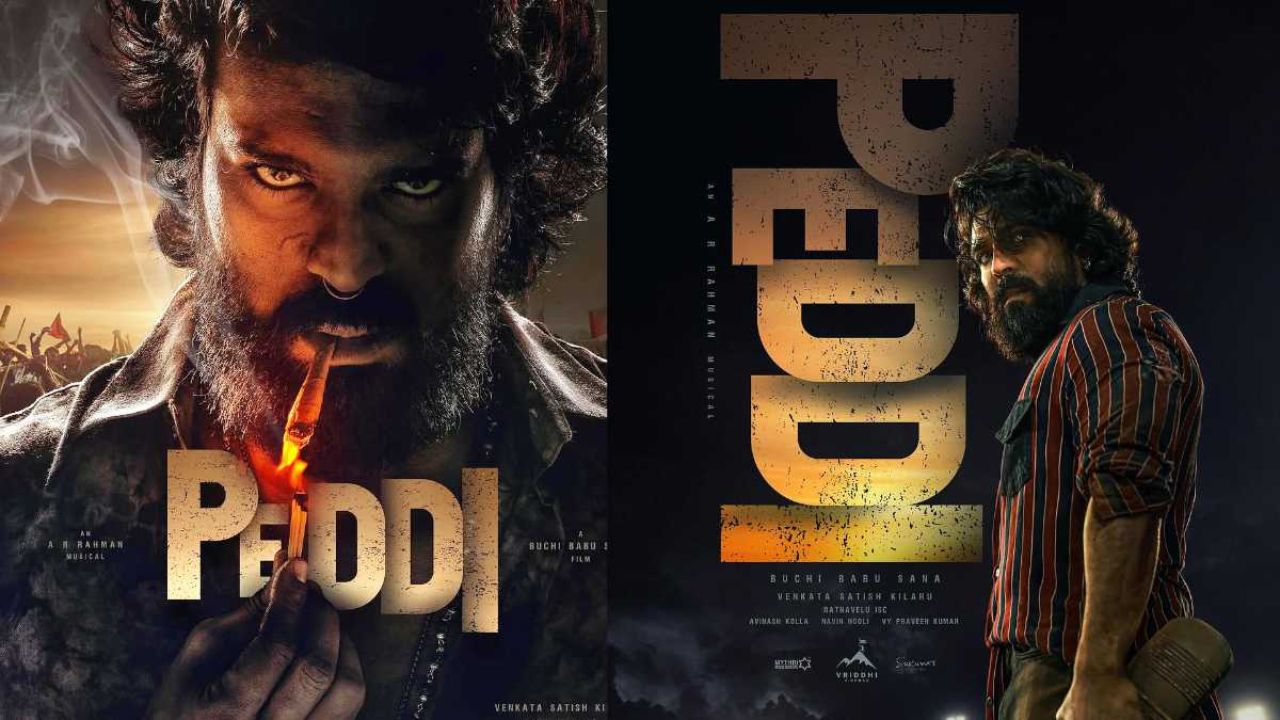
Rohit Sharma Unbothered by 'Advantage India' Talk in Dubai: 'So Be It'
1 month ago | 5 Views
After the day, it serves as a neutral location, presenting a challenge for both teams, as we do not frequently compete in Dubai either.
Shreyas Iyer articulated his thoughts effectively following India's notable six-wicket victory over Pakistan. A Pakistani journalist inquired about the added satisfaction of defeating Pakistan in Lahore or Karachi, rather than in Dubai, where India is scheduled to play all their Champions Trophy matches. Iyer responded, "Any victory against Pakistan is gratifying because it is always competitive, presents a challenge, and involves considerable external pressure."
In recent days, there has been a plethora of opinions suggesting that India has been granted an 'advantage' in the Champions Trophy. India is the sole team playing all its matches at the Dubai International Cricket Stadium. They were aware from the outset of the tournament that, should they reach the semifinals, they would compete in Dubai on March 4, and if they advanced to the final, they would return to the same venue on March 9. In contrast, the other teams, including the tournament hosts and defending champions Pakistan, who have since been eliminated, faced uncertainty regarding their match locations based on India's progression.
Is this arrangement equitable for India while being decidedly unfair to the other competitors? One might argue that it is. There is a distinct advantage in not having to travel between countries or cities, remaining in the same hotel, and establishing a comforting routine. Unlike the other seven teams, they do not have to live out of a suitcase, which is significant.
However, has the tournament been structured to ease India's path through the competition? Are they leveraging their influence and financial resources to create a more favourable situation for themselves? Surely, this is a jest.
One might question whether the narrative of 'advantage India,' primarily promoted by former England cricketers such as Nasser Hussain, Mike Atherton, and Jonathan Agnew, along with injured Australian captain Pat Cummins and South African batter Rassie van der Dussen, would have emerged had India not secured victories in both of their Group A matches. The conditions at DICS are highly consistent, and each of the other teams has considerable experience playing there. In fact, for an extended period, it served as one of Pakistan's 'home' venues following the attack on the Sri Lankan team bus in Lahore in March 2009.
Does India have an advantage in Dubai?
Understanding the conditions is one aspect; however, the ability to adjust one’s gameplay, mindset, and attitudes to those conditions is an entirely different matter. India entered the Champions Trophy following three home One-Day Internationals against England, played on superb batting pitches where the ball came onto the bat with remarkable speed. This approach—aggressively targeting the bowling, a privilege afforded by having eight batters in the lineup—has been India’s guiding principle in limited-overs cricket for the past two and a half years. Yet, faced with a distinctly different challenge in Dubai, where scoring runs has proven to be quite difficult, India has demonstrated the intelligence and skill to reassess and modify their strategy. Their shift in attitude has been notably impressive.
In the rush to depict the team as the antagonist, it is often overlooked that the players had little control over the scheduling, a fact even Messrs Hussain and Atherton would acknowledge. India’s adaptability and capacity to perform outside their usual environment have not received the recognition they deserve. In both of their victories against Bangladesh and Pakistan, India was tasked with chasing challenging targets in difficult batting conditions—under lights, the ball behaved even more sluggishly, making aggressive shots perilous. Merely being aware of the conditions was insufficient if they could not adjust their game plans and prioritize common sense over ego. England, in particular, should appreciate the importance of flexibility; their unwavering commitment to ‘Bazball’ has not yielded success, neither in Test cricket nor in the two limited-overs formats.
Should knowledge of and familiarity with conditions be the only measure of success, the discovery of the first home champion in an ODI World Cup would not have been delayed until 2011. Hybrid models represent a compromise, and compromises are rarely perfect. If this ignites a discussion regarding perceived advantages, whether warranted or not, that is acceptable. Rohit Sharma and his team remain unfazed.
Read Also: Magnus Carlsen's Comments on Younger Chess GMs: A Nuanced Perspective
Get the latest Bollywood entertainment news, trending celebrity news, latest celebrity news, new movie reviews, latest entertainment news, latest Bollywood news, and Bollywood celebrity fashion & style updates!
HOW DID YOU LIKE THIS ARTICLE? CHOOSE YOUR EMOTICON!
#




















